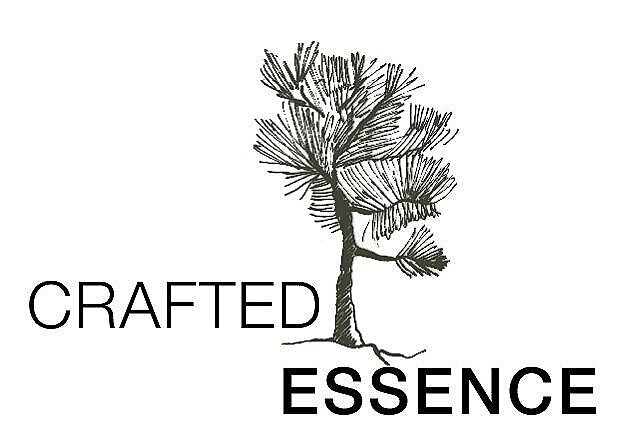Stories
How do we tell a good story from a bad one? Back in the days when I was a graduate student, earning a PhD in Literature, we had standards, criteria, guide posts, concrete examples that went in and out of fashion. We talked about stories that had depth and supported multiple re-readings versus thinner ones. We got excited by originality, alternate views, voices that re-arranged how we experienced the world. Good stories were generous but not easy; rich but not pointlessly oblique. I loved writers who mined experience, explored deeply and reported back.
We need storytellers who help us to a wider vision, a deeper compassion, a more humane humanness, a not-just-human-centred view of the world. and we need to pay attention when stories are deployed in superficial and manipulative ways. We feel it, don’t we? A race report that ignores lived experience; a politician who papers over social cracks with union jacks; a business tycoon touting national sovereignty from his tax haven. If we were to subject out national storytellers to a spot of literary criticism, we might ask:
Is this a reliable narrator?
What are the underlying motivations behind this character’s words?
Who is the intended audience?
What blind spots does this character have?
What is the general tone and its intended or unintended impact?
How much do we see as a reader/listener that the character fails to see, and why does this matter?
And we might ask broader questions too:
What genre are we engaged in? Is it speculative fiction, science-fiction, autobiography, fantasy, or drama?
Where does this story fall within a larger historical context?
What sources do the characters rely on when claiming to speak truth?
